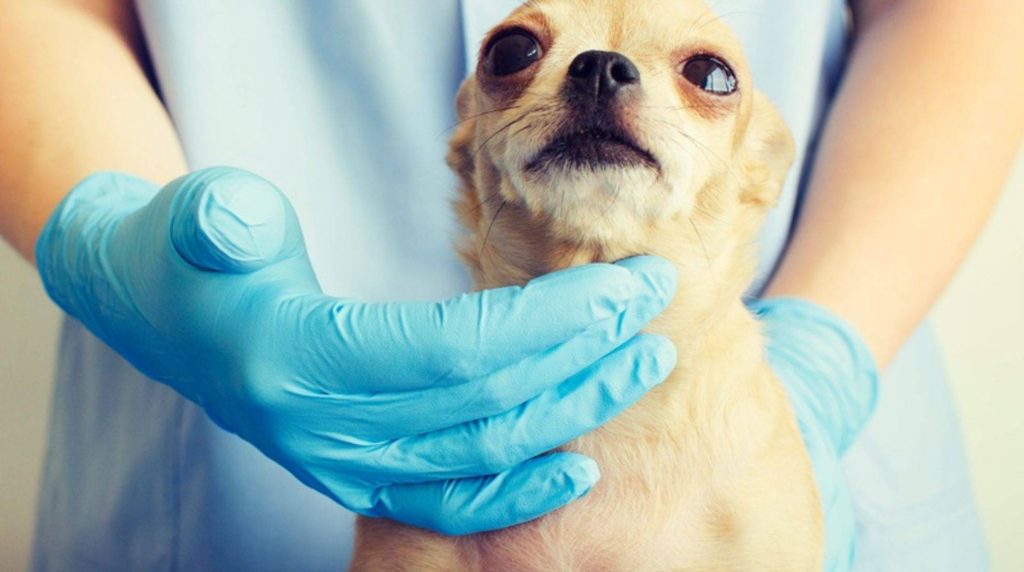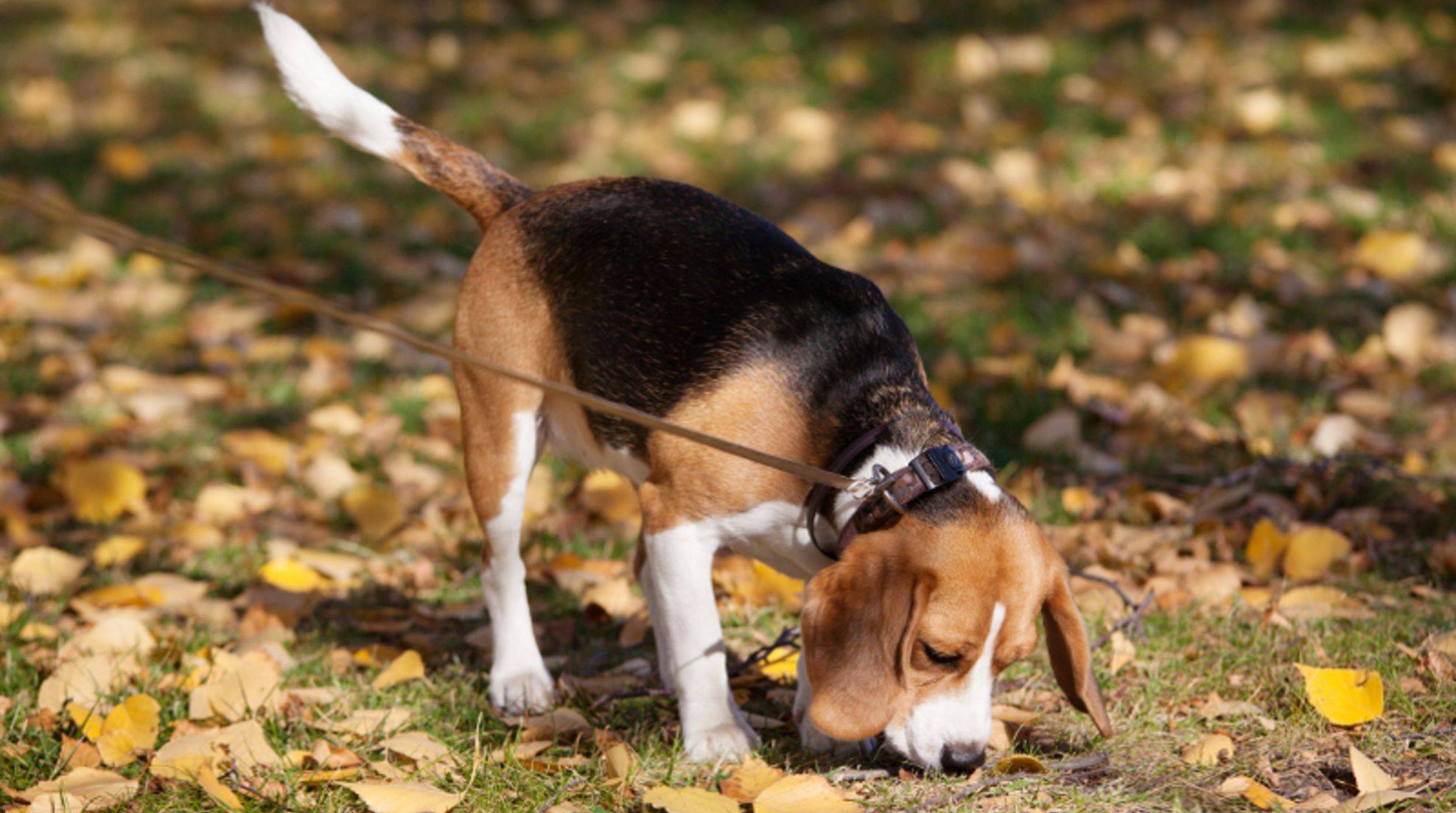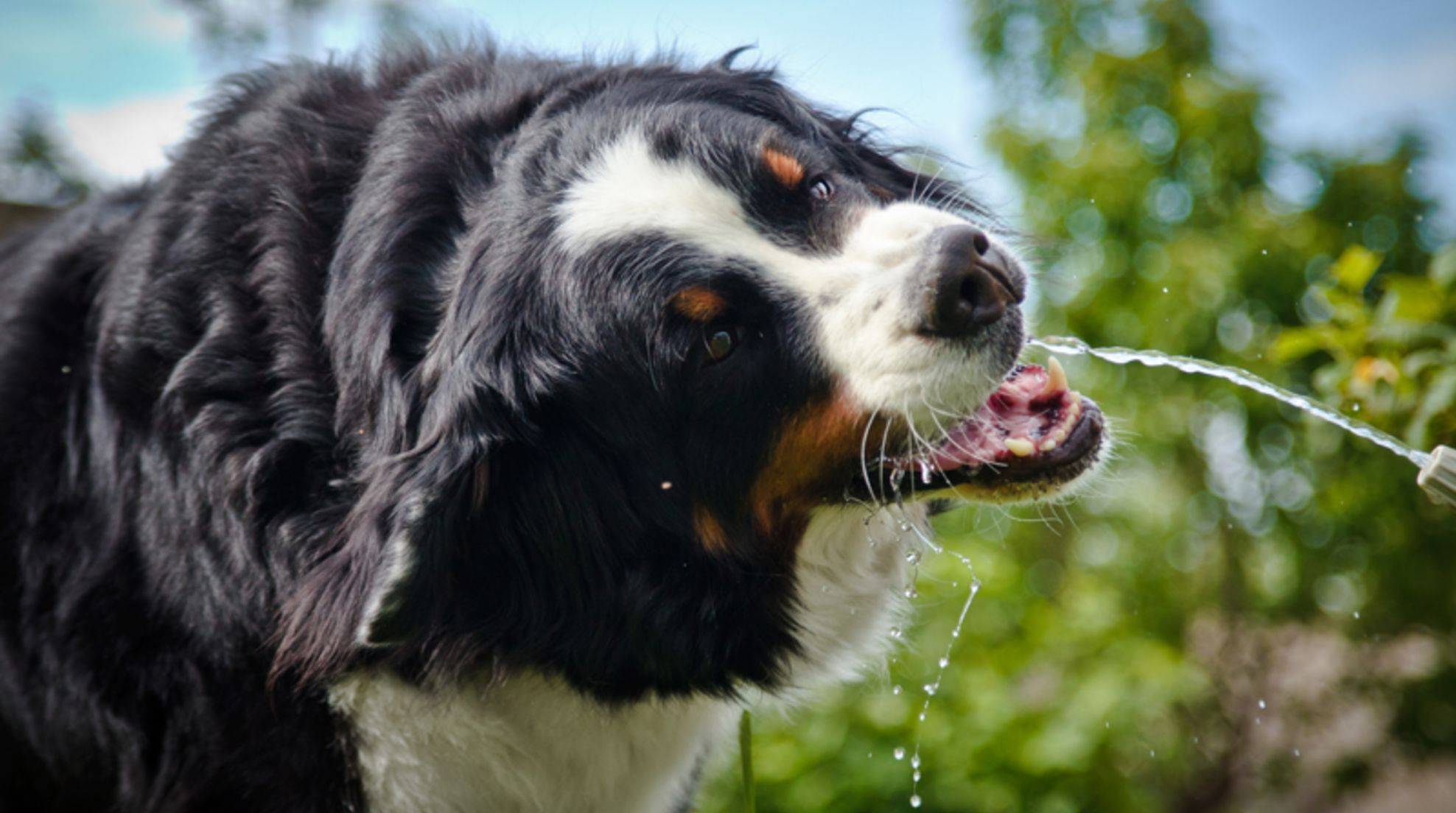Laryngitis: symptoms and causes of laryngitis in dogs
Laryngitis is an inflammation of the larynx in dogs. Relatively straightforward symptoms characterize the disease. Here you can read which signs you should immediately take your dog to the vet.
Laryngitis in dogs can be acute or chronic, i.e., recurring. Both forms cause the same discomfort. However, in most cases, laryngitis in dogs can be treated by a veterinarian. The veterinarian usually prescribes a remedy that suppresses the cough so that the inflammation can subside. The challenge is, therefore, instead recognize the signs of laryngitis early.
Laryngitis in dogs: typical symptoms
A dog with laryngitis will have distinct symptoms:
General malaise
Refusal of food
The limp and listless general impression
Loud, usually productive cough
Full-blown coughing fits
Coughing episodes that increase to the point of retching and vomiting, possibly with expectoration of conspicuous white mucus
The hoarse or absent barking of the dog
Fever
Shortness of breath
If your dog refuses to eat, this indicates that he may be having trouble swallowing. The lack of food, together with the acute infection, causes your dog to become increasingly limp. In this case, you should not hesitate and go with him to the vet.
The coughing fits, which accompany laryngitis in dogs, can occur particularly violently in winter because The cold air favors the cough, as it further irritates the respiratory tract. If fever occurs as a different symptom, bacteria or viruses are a trigger for laryngitis in your dog.
Even if the coughing fits of your dog may seem very bad to you and, in individual cases, increase to vomiting: Real respiratory distress occurs with laryngitis in dogs, fortunately relatively rarely. Only in particularly severe cases, but mostly in chronic laryngitis, it can happen that your four-legged friend really can not breathe. Nevertheless, it would help if you take your four-legged friend to the vet early.
Another tip for the diagnosis of laryngitis
If you are unsure, feel the larynx of the dog. If this is inflamed, he reacts sensitively to it, which comes at the slightest touch to gagging or even vomiting. Some dogs also tend to overeat grass when they have the condition. Observe your protégé on four paws, therefore attentively.
Causes of laryngitis in dogs
A common cause of laryngitis in dogs is previous irritation of the larynx. This can be due to a variety of influences. Among other things, the following items can cause irritation:
Overstimulation of the vocal cords due to excessive barking by your dog.
Pulling on the leash or a collar that is too tight and permanently squeezing the larynx
Cold air in winter that the dog breathes in
Dust particles inhaled over a long period, as well as smoke and gases
Kennel cough or allergies as possible precursors of laryngitis
Diseases or irritations of the esophagus
In most cases, bacterial or viral pathogens then take the opportunity to spread in the irritated larynx. These get there during food intake or through inhalation and trigger inflammation.
To avoid laryngitis in your dog as much as possible, you should ensure that your dog has a well-fitting collar. In addition, it is essential not to expose your four-legged friend to smoke or dust and to keep his immune system strong with high-quality, nutritious food and, if necessary, supplementary food.








